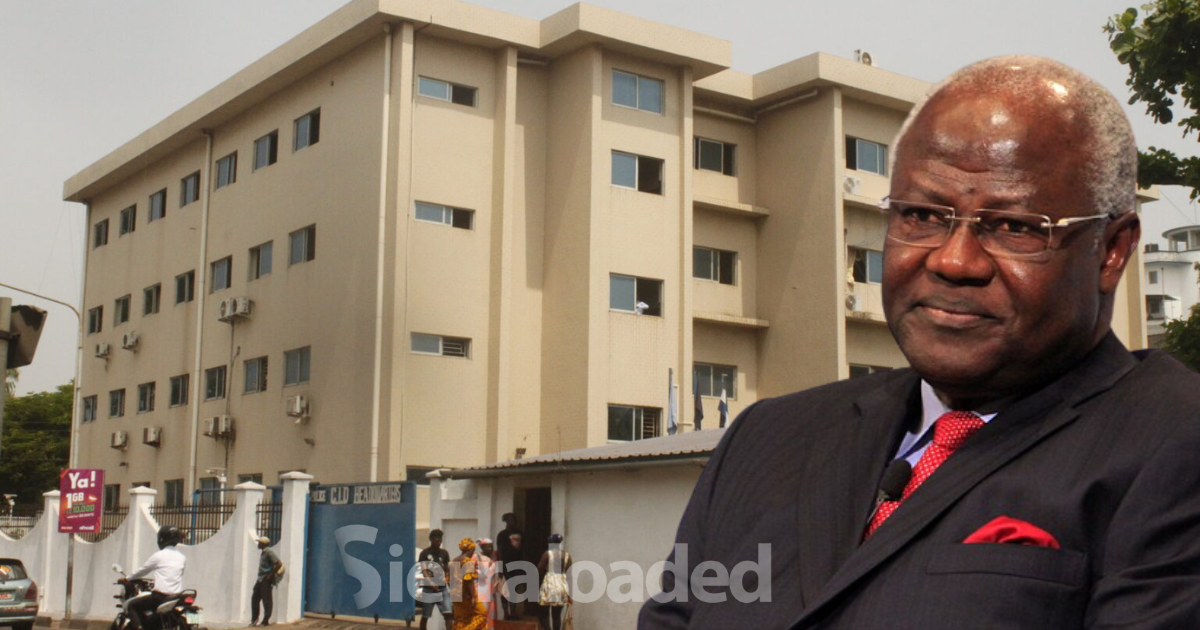On December 14th, 2023, the Sierra Leone Court of Appeal rendered a final judgment on a case that has captured the nation’s attention since October 13th, 2020. The case, initiated by the former president, Ernest Bai Koroma, involved a Notice of Appeal filed against the respondents, the Attorney-General, and Minister of Justice, citing seven grounds.
During the courtroom proceedings, the Court of Appeal delivered a significant pronouncement. The judges, in unanimity, declared that “there is no legal provision, whether in statute or common law, in Sierra Leone that grants absolute immunity to any individual, including the President.” The ruling emphasized that such immunity does not shield a person from investigation and subsequent prosecution for gross misconduct, particularly criminal offenses, including corruption, whether committed during their tenure or after leaving office.
This precedent-setting judgment challenges conventional norms, establishing a crucial legal standpoint in Sierra Leone. The Court’s decision signifies a departure from the notion of absolute immunity for high-ranking officials, asserting that accountability remains paramount, even for those who have held the highest office in the land.
The case has broader implications for the country’s legal landscape, potentially influencing future legal proceedings involving public figures. It underscores the commitment of the judiciary to uphold the rule of law and ensure that no individual is beyond the reach of justice.
Former President Ernest Bai Koroma’s appeal and the subsequent ruling have sparked discussions across the nation, prompting a reevaluation of legal frameworks and immunity provisions. The judgment stands as a testament to the principles of transparency, accountability, and the pursuit of justice within the nation’s legal system.












I hope this present government after your tenure, you won’t be exempted. No immunity for you too. He who comes to equity must have the hands clean.
Karma pays with interest.
Thread carefully, focus on improving citizens lives.
This is a very good Presedent. Indeed, no one is above the laws of Sierra Leone. All Sierra Leoneans must understand that the country is bigger than them and their political parties. This rulling / judgement should be communicated to all public servants/officers.
Public servants/officers should know that they can be investigated for any misdid during their tenure upon retirement.
Immunity does not meant for criminals like Ernest Bia Koroma and Samurai Kamara, let them face the full force of the law.